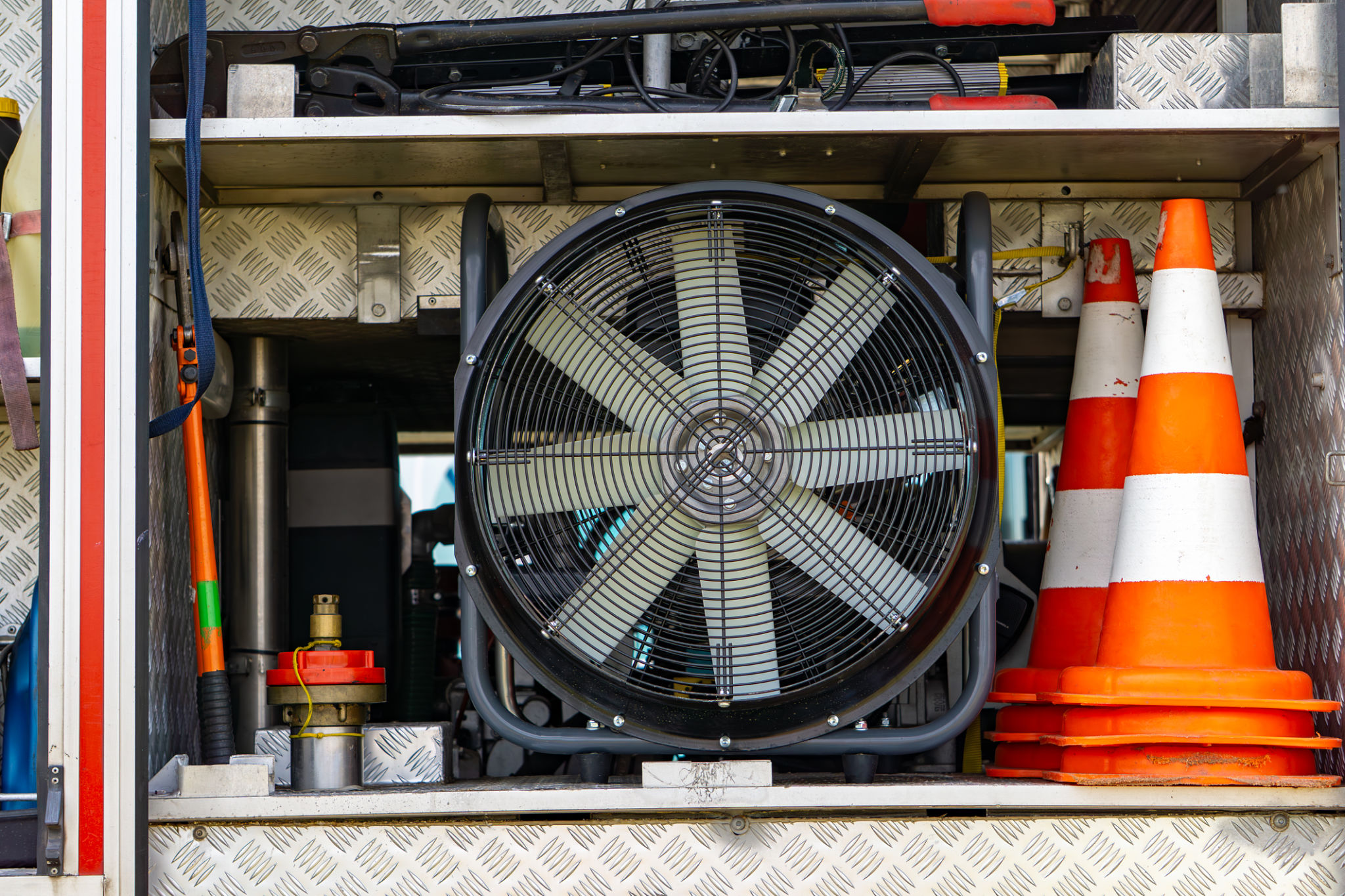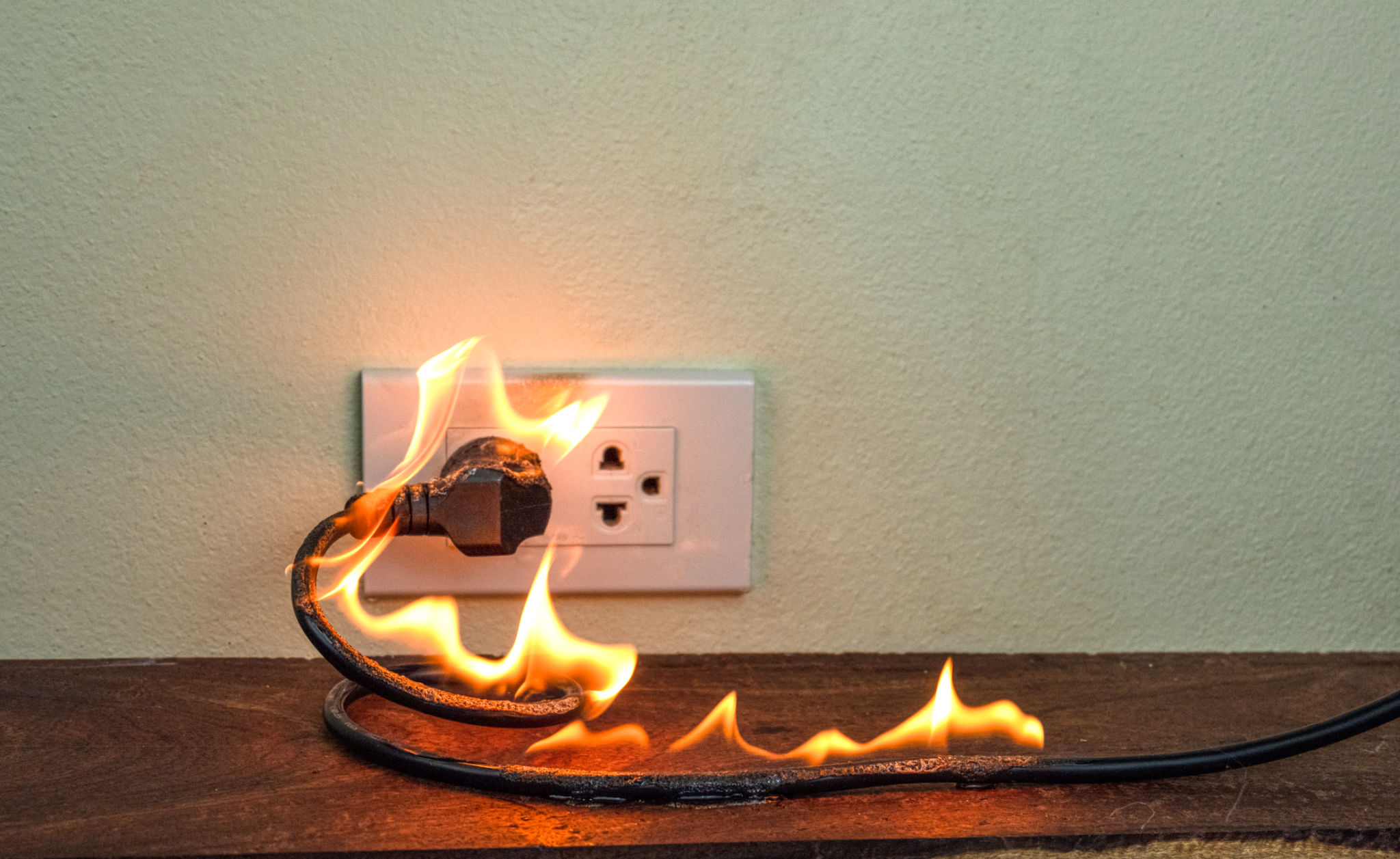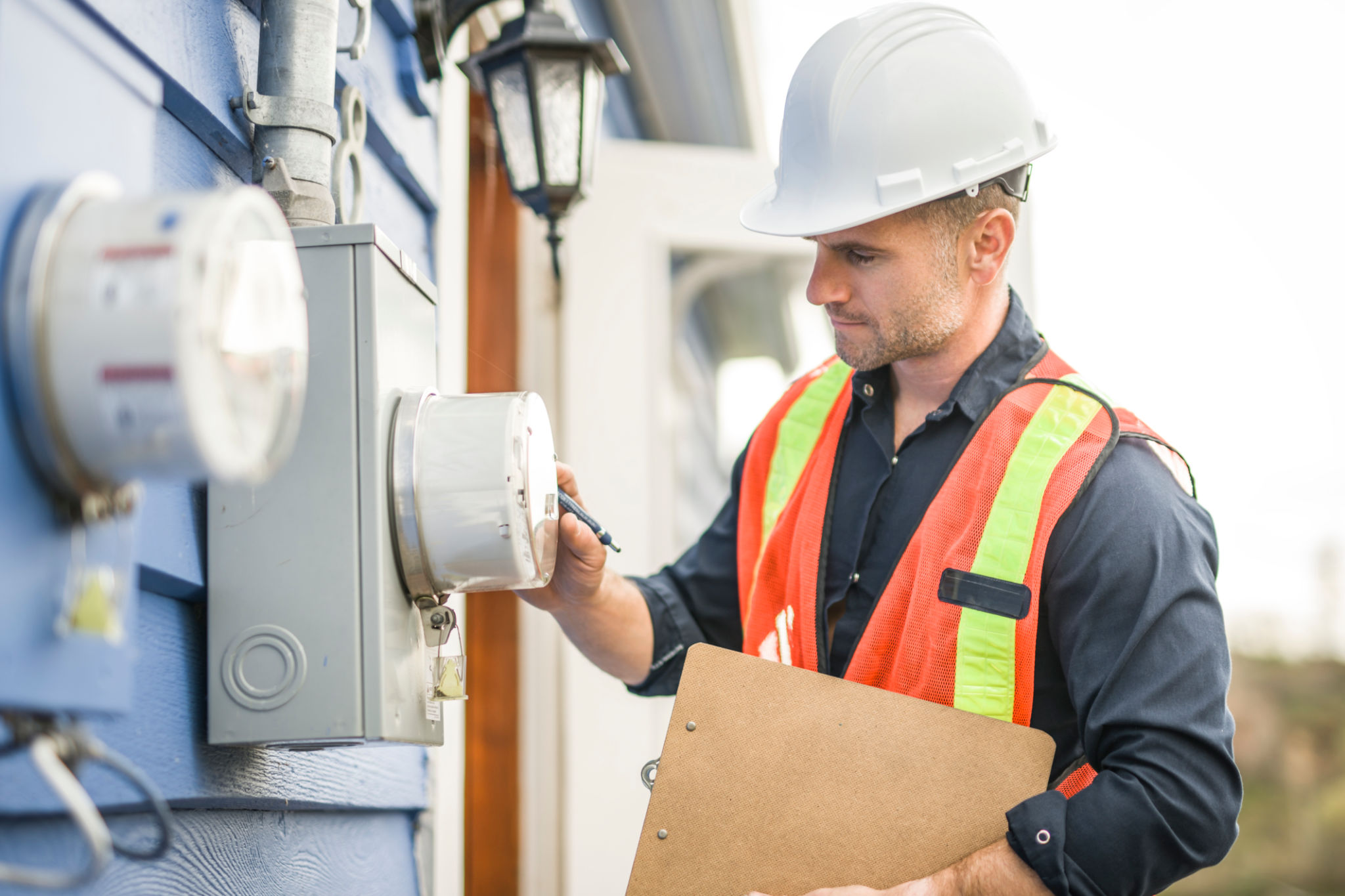How to Handle Electrical Emergencies: A Homeowner's Guide
Understanding the Basics of Electrical Emergencies
Electrical emergencies can be daunting and potentially dangerous. As a homeowner, it's crucial to understand what constitutes an electrical emergency and how to respond effectively. Common scenarios include power outages, faulty wiring, sparking outlets, and electrical fires. Being prepared can make all the difference in safeguarding your home and family.

Recognizing the Signs of an Electrical Problem
Not all electrical problems are immediately apparent. Knowing the signs can help you act quickly. Flickering lights, frequent circuit breaker trips, and burning smells near outlets are red flags. Additionally, warm or sparking outlets should never be ignored. If you notice any of these signs, it's essential to address them immediately.
Immediate Steps to Take During an Electrical Emergency
In the event of an electrical emergency, your first step should be to ensure the safety of everyone in the home. If there's a fire, evacuate the premises and call emergency services. For other issues, such as power outages or sparking outlets, turning off the main power supply can prevent further damage.

When to Call a Professional
While some minor issues, like replacing a blown fuse, can be handled independently, most electrical emergencies require professional intervention. It's crucial to know when to call an electrician. If you're facing persistent circuit breaker issues or suspect faulty wiring, don't attempt to fix it yourself. Calling a licensed electrician ensures the problem is diagnosed and resolved safely.
Preventive Measures to Avoid Electrical Emergencies
Prevention is key to avoiding electrical emergencies. Regularly inspect your home's electrical system for signs of wear and tear. Ensure that all appliances are used according to the manufacturer's instructions and avoid overloading circuits. Installing surge protectors can also safeguard your electronics from power surges.

Investing in Safety Equipment
Having the right safety equipment at home can be life-saving during an electrical emergency. Consider investing in smoke detectors, fire extinguishers, and surge protectors. These tools can help detect issues early and provide immediate action options to minimize damage.
Creating an Emergency Plan
Every homeowner should have an emergency plan in place. This plan should include emergency contact numbers, a designated meeting spot outside the home, and instructions on how to turn off the main power supply. Regularly review and practice this plan with family members, so everyone knows what to do when faced with an electrical emergency.
By understanding the nature of electrical emergencies and taking proactive measures, homeowners can significantly reduce their risk and ensure their household remains safe and secure.
